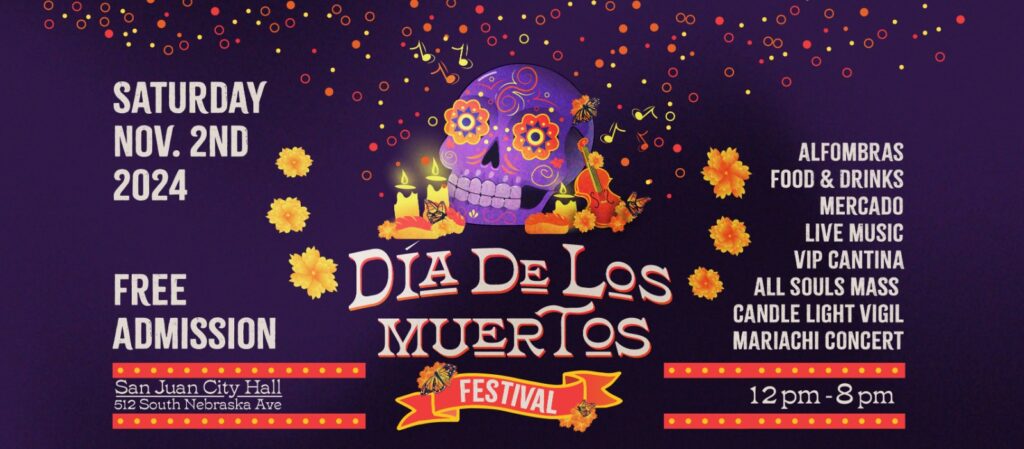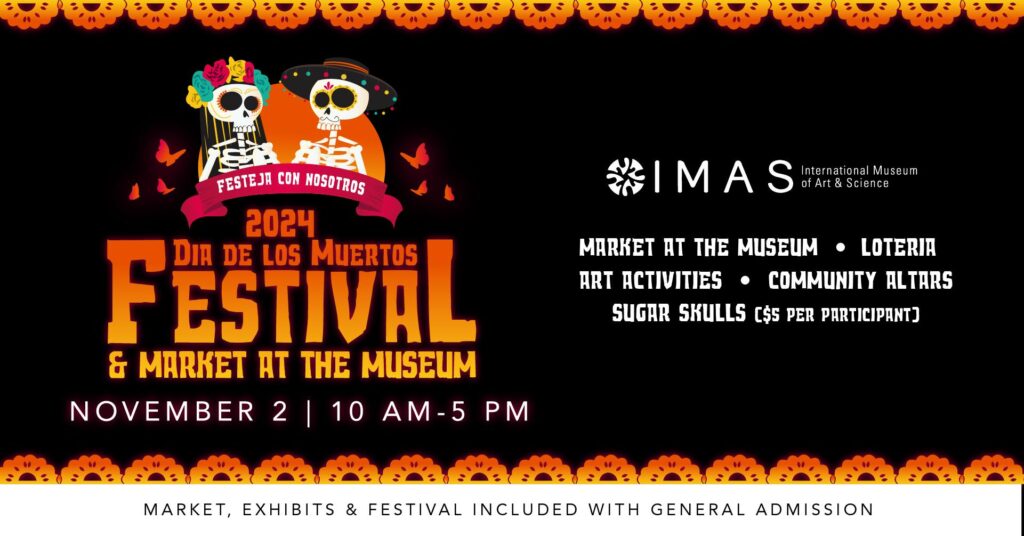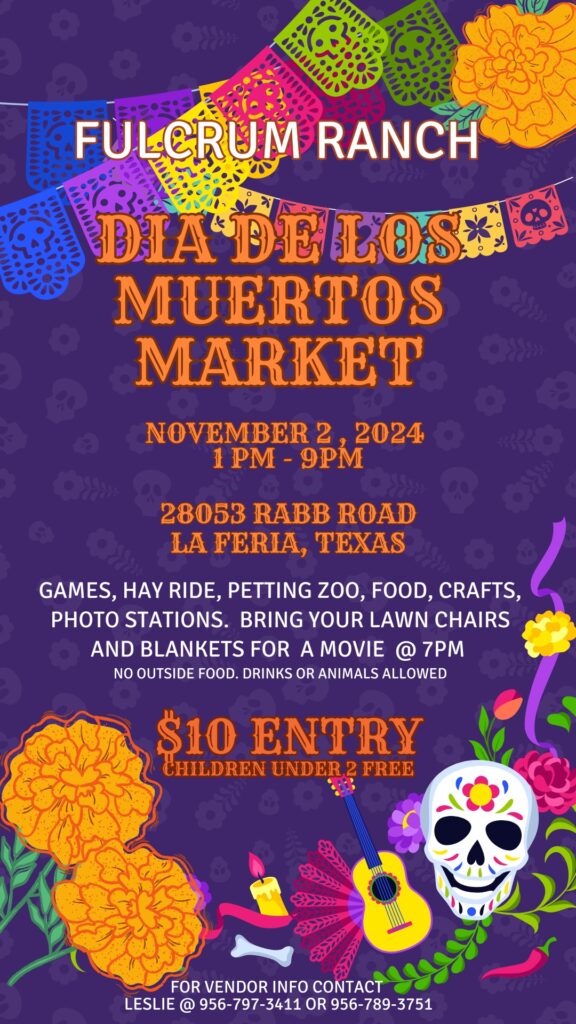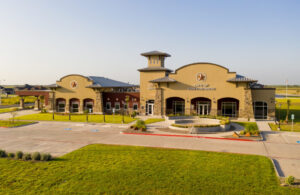- Fragile Planet Offers a Nighttime Wildlife Experience
- Falcons Soccer Off & Running
- Cameron County Receives Funds to Improve Two Parks
- Falcons Complete First Half of 32-6A
- School District to Help out Victims of California Wildfires
- Sand Castle Days Continued Despite Unexpected Weather
- Ready for District
- Discussion of Garbage Dumpster Rates, Agreements Between State & City on Highway Regulations, and More
- 31st Annual Shrimp Cook-Off is Right Around the Corner
- LFHS Cross Country
Celebrating the Tradition of the Day of the Dead
- Updated: November 1, 2024
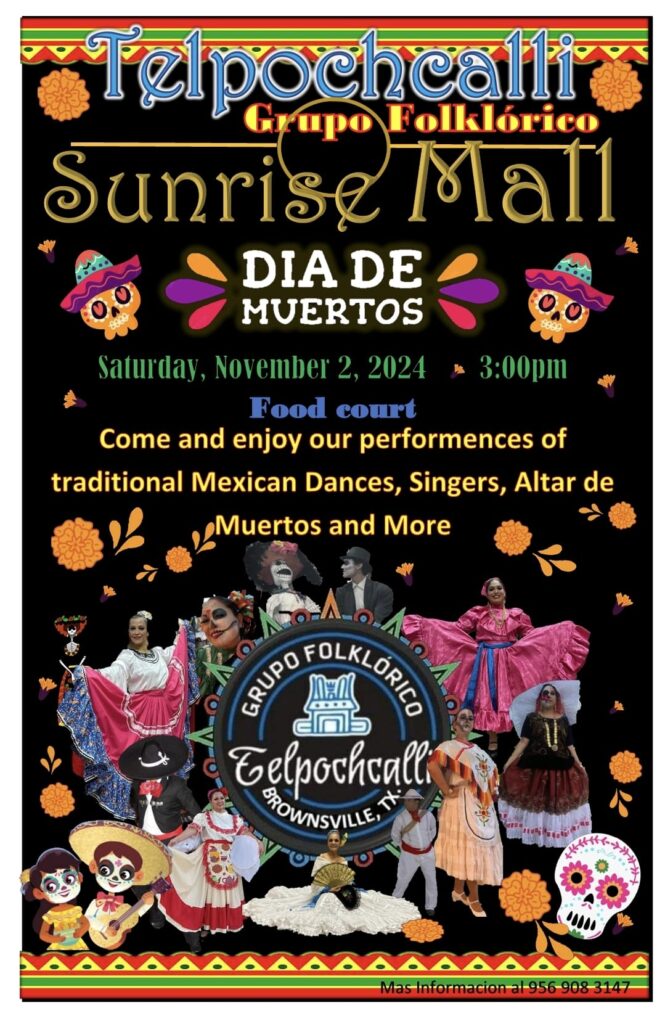
Mike Villarreal
LFN
The traditional Mexican holiday Day of the Dead, or Dia De Los Muertos, is celebrated every year on November 2nd. It is believed that on this day, the souls of the dead come to visit their living family members. To honor the deceased, many people visit the graves of their loved ones or set up altars in their memory with food, photos, and drinks.
This holiday is very important in Mexican culture and follows All Hallows Eve on October 31st and All Saints Day and Day of the Children on November 1st. This tradition can be traced back 3,000 years, with many varieties of rituals produced by the indigenous people of Mexico to celebrate the memories and lives of their past ancestors.
Originally held on the ninth month of the Aztec Calendar and celebrated all month long, this month-long celebration was shortened in the 20th Century to 3 days and now is known as The Day of the Dead, including Halloween on October 31, Day of the Innocents on November 1, and Day of the Dead on November 2.
One of the most famous figures of the Day of the Dead is La Catrina, a female skeleton with colorful makeup and a flamboyant feathery hat. The Aztecs worshiped the Lady of Death, believing she would protect their loved ones who had passed and guard them in their final stages of life and death.
The form of La Catrina, known today, came to be in the 1900s by the political and controversial cartoonist Jose Guadalupe Posada. Diego Rivera, an artist and husband of Frida Kahlo, used Jose’s La Catrina in his mural portraying 400 years of Mexican history. Many families decorate the graves of their loved ones with offerings, including bottles of alcohol for deceased adults and toys for children. Marigolds are often given as offerings, as the scent and bright petals are said to guide souls from the cemetery to the loved ones’ homes.
The Mexican government declared the Day of the Dead a public holiday in the 1960s. In 2006, the Day of the Dead was added to the United Nations Educational, Scientific and Cultural Organization Representative list of Humanities Intangible Cultural Heritage.
The Day of the Dead is celebrated in many ways by different cultures worldwide. It is important as it provides an opportunity to honor and remember loved ones who have passed with happy memories. Building an altar for deceased loved ones is a great way to show respect and remember their memory. Going through old pictures, toys, letters, and other sentimental items is also a common practice. The Day of the Dead brings people and families together worldwide in a shared belief and practice of honoring and remembering those who have gone before us.
As a tradition deeply rooted in the RGV, several events will take place across the valley to honor the Day of the Dead.
